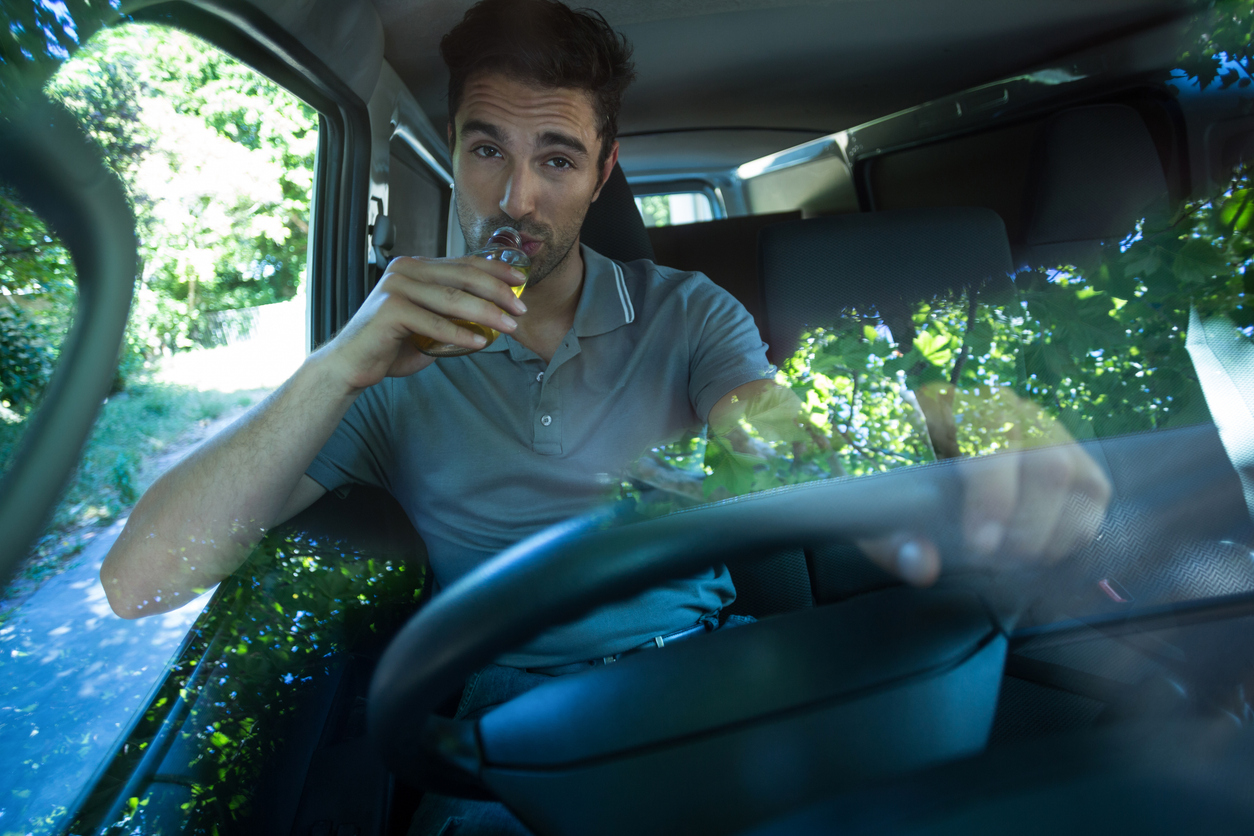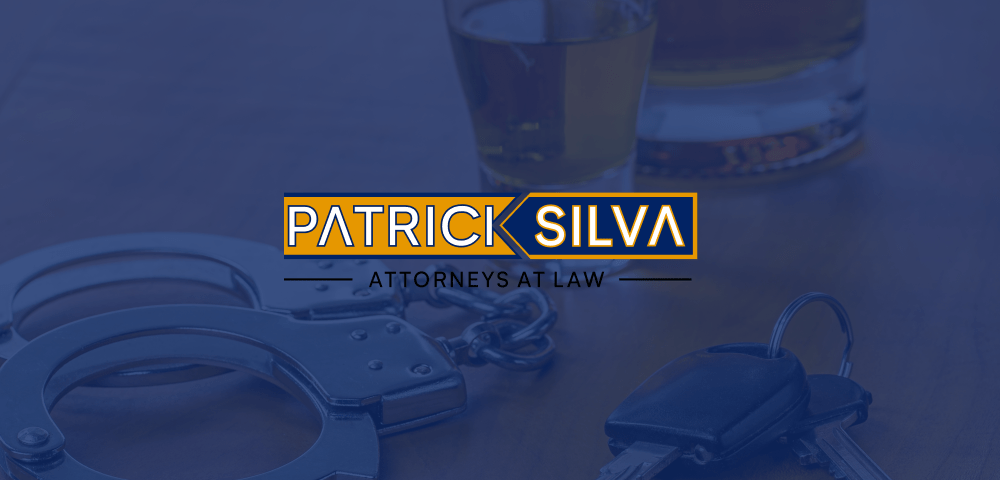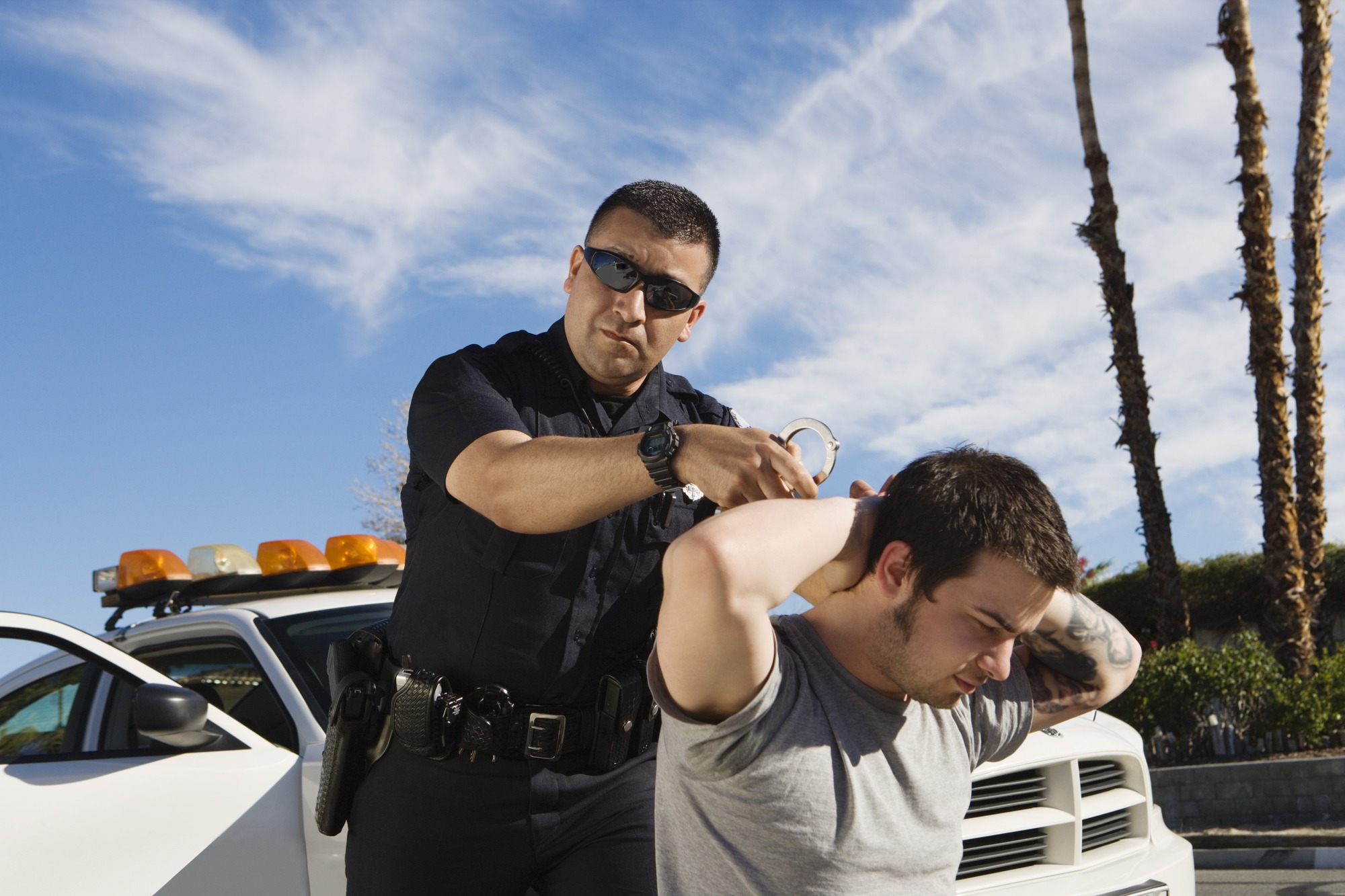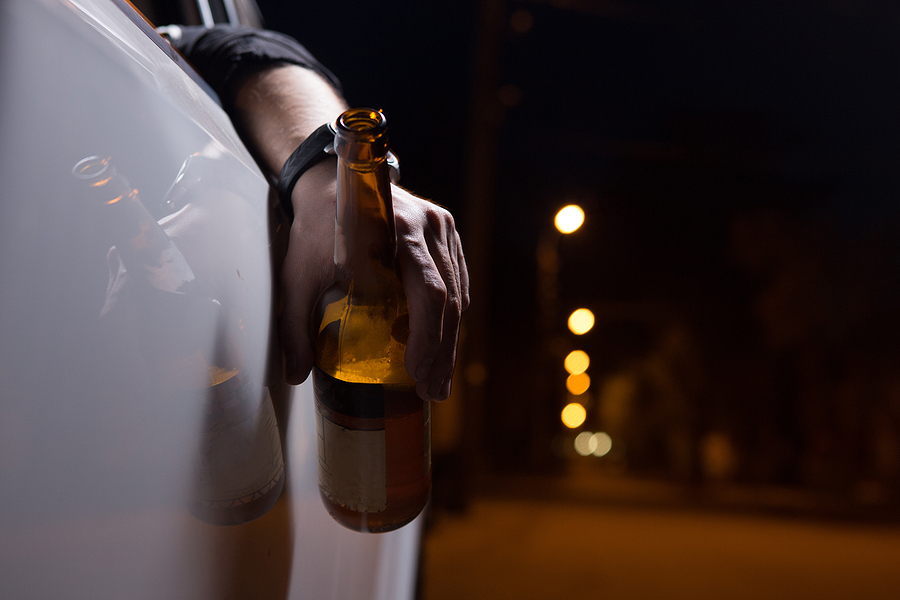Is a DUI in a Commercial Vehicle Approached Differently Than if Driving a Personal Vehicle ?
Yes. California’s driving under the influence (DUI) laws say that the legal blood alcohol content (BAC) to be considered DUI for most people is .08%. However, someone driving a commercial vehicle will be considered under the influence at .04%–half the legal limit of most people in a private vehicle (there are exceptions for minors).
That means that someone may feel completely sober and be driving safely, but if they’re tested and found to have that low BAC, they could be charged with DUI.
This applies only to commercial vehicles. Most people driving noncommercial vehicles, such as cars, small trucks, or motorcycles, are tested for the .08% BAC threshold.
What Different Types of Commercial Driver’s Licenses Are There?
California recognizes three types of commercial driver’s licenses (CDL):
Commercial Class C License
This allows a driver to drive a class C vehicle, which includes double trailers, school buses, passenger vehicles carrying more than 10 people (including the driver), tanks, some farm vehicles, and a vehicle used to transport hazardous materials that are marked accordingly.
Commercial Class B License
This allows a driver to drive a vehicle towing up to 10,000 pounds, a 3-axle vehicle that weighs more than 6,000 pounds, or a vehicle with a gross vehicle weight of more than 26,000 pounds.
Commercial Class A License
This allows the driver to operate any class B or C vehicles as described above.
It’s vital to understand that CDLs aren’t required for recreational vehicles (RVs) or vehicles used in agriculture by people who aren’t required to have a driver’s license in California.
What Are the Consequences for Being Convicted of a Commercial DUI in California?
If no one is injured by the driver charged with the commercial DUI, and it’s the driver’s first conviction, the driver could face up to six months in jail, fines and penalties of up to $2,000, informal probation for 3-5 years, CDL suspension for at least one year, and a court-approved alcohol or drug education program (known as DUI school) that lasts three months.
Someone convicted of commercial DUI a second time is banned from having a CDL for life.
Suppose someone was injured by the driver charged with a commercial DUI. In that case, the driver may be charged with either a misdemeanor or a felony depending on the circumstances of the accident, which affects the potential consequences:
- Misdemeanor conviction. This can cause up to a year in jail, up to $5,000 in fines and penalties, license suspension for one-three years, probation of three-five years, DUI school for a term between three and thirty months, and restitution payments to the injured party.
- Felony conviction. This can lead to a prison sentence, up to $5,000 in fines and penalties, license suspension for five years, DUI school for a term between eighteen and thirty months, and a three-year Habitual Traffic Offender (HTO) status.
- If the injuries are severe, the driver may be assessed a strike under California’s three-strike law. That law finds that someone found guilty of an eligible offense for the third time will face a mandatory prison sentence of 25 years to life. If someone has one strike already and earns a second, that second strike could double their prison sentence.
What Are Some Defense Strategies When Someone Is Charged with a Commercial DUI?
The consequences of a commercial DUI conviction can be severe. That’s one reason it’s crucial that you work with an experienced commercial DUI defense attorney who can analyze your case to determine what could be the best approach. Every case is unique, but there are some frequently used strategies:
Lack of legal conduct. Legally, law enforcement has to follow specific protocols when pulling someone over and arresting them for DUI. If they didn’t precisely follow the law, it may be possible to have evidence needed for a conviction thrown out. That could include not having probable cause for the traffic stop, not reading the driver’s Miranda rights when arresting them, and not advising the driver of what could happen if they refused a chemical test.
Inaccurate test results. Chemical blood and breath tests are not always accurate for a variety of reasons. Those include the machinery not being calibrated or used correctly, the test not being handled according to protocol, a rising BAC involved (in which someone’s BAC increases after they drove but before they were tested), the driver having medical conditions such as GERD or heartburn that can affect the tests, or they were on a diet (such as high-protein) that may give false results.
Plea bargain. It may be possible to negotiate a plea bargain. That involves the driver agreeing to accept reduced charges with consequences less severe than a commercial DUI. For example, they might negotiate down to a reckless driving charge.
What Should I Do if I’ve Been Charged with a DUI While Driving a Commercial Vehicle in California?
Call Patrick Silva, Attorneys at Law, at 909-500-4819 for a free consultation. These are serious charges, and if you’re convicted, they could have a significant impact on your life and career. Our team of knowledgeable, experienced DUI defense attorneys knows what’s at stake. We can review your case and help you understand what might be the best approach to mitigate the charges and the resulting consequences.




